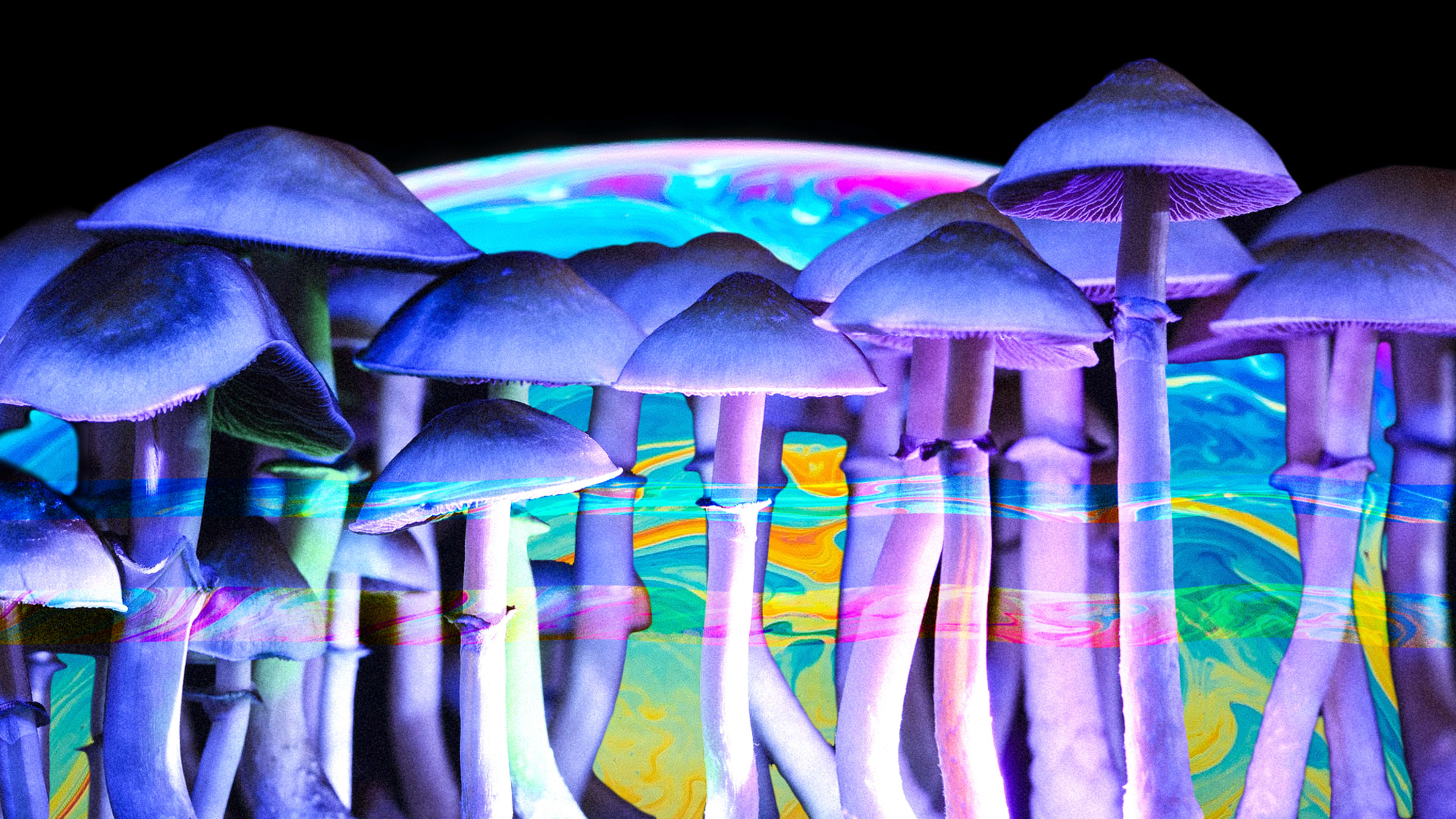Tuesday night was a big one for psychedelics enthusiasts. The District of Columbia voted to decriminalize the drug and Oregon approved a measure that will ultimately lead to the legalization of psilocybin, the hallucinogenic aspect of mushrooms, for medical purposes in the state. Meanwhile, five state chose to decriminalize and in most cases legalize marijuana.
Oregon’s proposal is part of a larger movement to remove psychedelics’ criminal status and allow them to be used to fight hard-to-treat mental illnesses including drug-resistant depression, addiction, and PTSD.
For decades, mushrooms were considered a recreational drug with no medicinal value. Since mushrooms are illegal to manufacture, produce, and possess in the U.S., only a very select group of researchers under FDA authorization have been able to study psilocybin as a medicine. Last year, the Food and Drug Administration gave psilocybin breakthrough status, awarding pharmaceutical company Compass Pathways the opportunity to experiment with using it against treatment resistant depression.
More recently, the federal government has slowly gotten on board awarding companies and research institutes the ability to explore potential use cases for a wide variety of psychedelics. Increasingly, companies are looking into the medicinal qualities of drugs like LSD, ketamine, psilocybin, and MDMA. In 2019, the Food and Drug Administration approved a ketamine-based treatment for resistant depression. Meanwhile, the Multi-Disciplinary Association for Psychedelics Studies is currently courting FDA approval for MDMA-assisted psychotherapy to treat PTSD.
Professor Matthew Johnson, professor of psychiatry at Johns Hopkins University, has been conducting experimental researching into psychopharmacology since 1996. In May, during a panel discussion at the Future of Psychedelics Summit, Johnson said that psilocybin, and psychedelics in general, can help people see the big picture in ways that can lead to life-altering epiphanies. He thinks psychedelics could be transformative for the field of psychiatry over the next 25 years. Research from Johns Hopkins shows that psilocybin has a low potential for abuse. The university recommends that it be made legal, but have restrictions on its use similar to a sleep aid.
The new Oregon proposal puts psilocybin on the same road map to legality that marijuana has been on since Colorado and Washington first signed off on recreational use in 2012. Eight years later, 15 states and the District of Columbia have voted to legalize weed for recreational use, while another 20 have made way for medical marijuana. However, marijuana is still not legal federally, though the House of Representatives is set to vote on a bill that would decriminalize marijuana and create a pathway for those who have been convicted of marijuana-related charges to have their records expunged.
Cities have already started to get on board with psilocybin decriminalization, though Oregon is the first state to do so. Denver, Colorado, and Santa Cruz and Oakland in California have already decriminalized psilocybin. New York may be next: In April, state house representative Linda Rosenthal introduced a bill that would decriminalize the substance in the state.
Recognize your brand’s excellence by applying to this year’s Brands That Matter Awards before the early-rate deadline, May 3.
